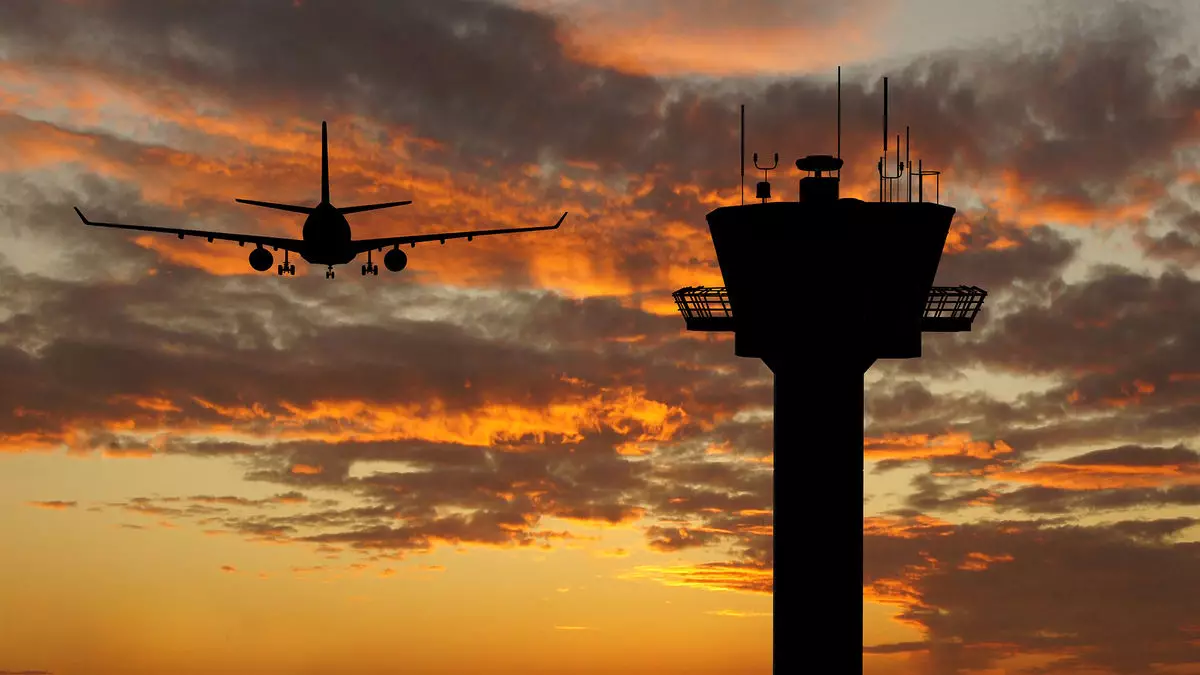The landscape of air travel in the United States is experiencing significant scrutiny, with contrasting viewpoints emerging from industry stakeholders regarding the government’s inquiry into airline competition. The American Society of Travel Advisors (ASTA) and the U.S. Travel Association, both influential in the travel sector, have voiced pivotal yet conflicting opinions surrounding this inquiry. Understanding these divergent perspectives is crucial in assessing the complexities of air travel competition and regulation.
ASTA has expressed strong support for the joint inquiry announced by the U.S. Department of Justice (DOJ) and the Department of Transportation (DOT). The organization sees this as an essential opportunity to articulate the concerns of its members regarding competition in the airline industry. ASTA’s statement highlights a growing concern over the declining competitive landscape shaped by past mergers and acquisitions since the deregulation era in 1978. This consolidation, according to ASTA, has produced harmful consequences including increased airfare and diminished options for consumers.
Travel advisors, the backbone of ASTA’s membership, observe the impacts of reduced competition on a daily basis, selling 735,000 airline tickets each day. Their experiences serve as a barometer for dissatisfaction in the market. Once positioned as representatives of the airlines, these advisors now find themselves navigating an environment where airlines wield disproportionate power, resulting in inflated ticket prices and fewer choices for travelers. The urgency of addressing these competitive issues is underscored by ASTA’s previous complaint against American Airlines, which highlighted their dominance in key hubs and called for policy changes to enhance competition in capacity-restricted airports.
U.S. Travel Association’s Critique
In stark contrast, the U.S. Travel Association has criticized the DOJ-DOT inquiry as a “political stunt.” They argue that airfares have reached new lows and air travel demand is at historic highs, suggesting that regulatory inquiries are unnecessary and misdirected. The organization’s leadership indicates that real solutions involve substantial investments in technology and infrastructure rather than political posturing. They emphasize the urgency of addressing critical issues like the shortage of 3,000 air traffic controllers which they argue has a more immediate impact on travelers.
The U.S. Travel Association contends that instead of undertaking inquiries into airline competition, efforts should be concentrated on enhancing the passenger experience through practical measures. The sentiment reflects a broader disbelief regarding the efficacy of government inquiries which may distract from more pressing operational challenges facing the airline industry.
Adding to the complexity, Airlines for America also echoed U.S. Travel’s concerns, questioning the timing of the inquiry amid a national election cycle. They suggest that the close proximity of the inquiry’s announcement to an election raises questions about underlying political motivations. This skepticism about whether the inquiry is motivated by genuine concern for consumer welfare or merely electoral maneuvering casts a shadow over its perceived legitimacy.
Moreover, the U.S. Travel Association’s critique is highlighted by their earlier discontent regarding a separate DOT investigation into airline rewards programs. CEO Geoff Freeman termed this focus as a waste of government resources, arguing that it takes the spotlight away from pressing matters impacting travelers and airlines alike.
The discussion surrounding the inquiry into air travel competition reveals a dichotomy of perspectives. ASTA highlights the negative consequences of airline consolidation, advocating for a more competitive marketplace that benefits consumers. In contrast, the U.S. Travel Association and Airlines for America question the timing and motives behind such inquiries, suggesting that the current focus is misplaced and politically charged.
As these organizations continue to advocate for their respective positions, the future of U.S. air travel will depend significantly on how well these contrasting views can influence policy in a manner that genuinely addresses the issues at hand—whether that’s fostering competition or enhancing operational effectiveness. Ultimately, navigating this complex dialogue will require careful consideration of travel advisor experiences, consumer choices, and operational logistics, as all parties strive to create a more equitable and efficient air travel experience in America.


Leave a Reply